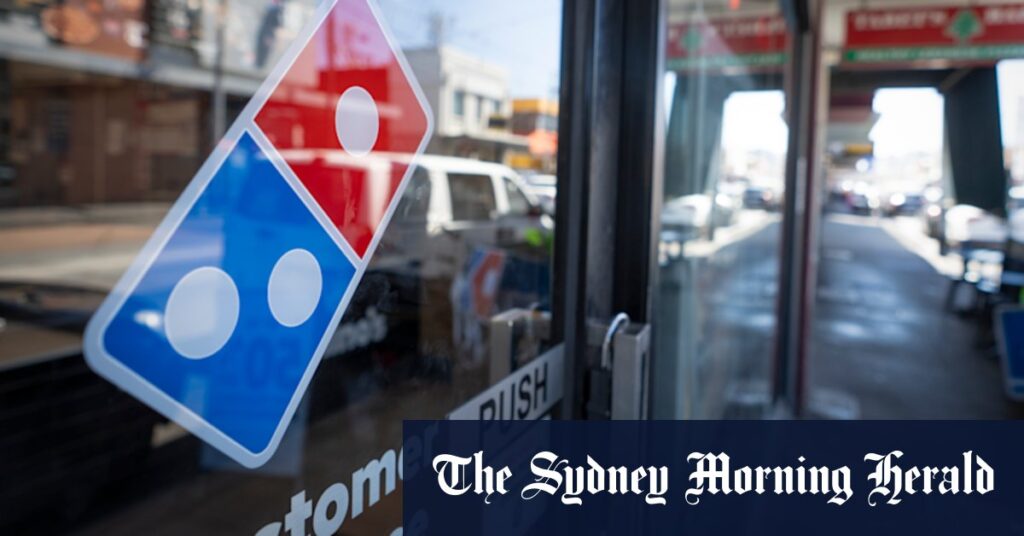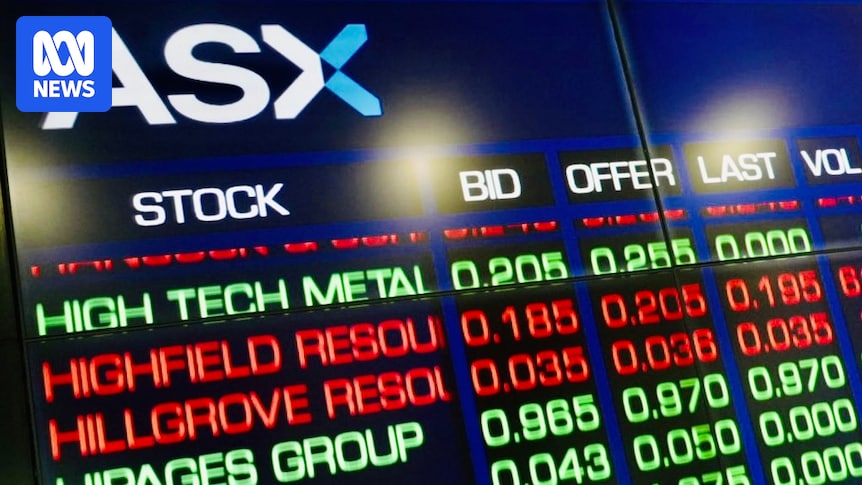
Fast food industry veteran and Domino’s executive chairman Jack Cowin has firmly denied suggestions that he orchestrated the departure of the pizza chain’s chief executive, Mark Van Dyck. This comes amidst growing investor unease following a series of high-profile exits at the company.
Domino’s share price experienced a dramatic plunge of over 25% on Wednesday, though it managed to recover slightly to close at $16.96. This volatility was triggered by the announcement of Van Dyck’s resignation, just seven months after he took on the role of global chief executive.
Leadership Changes and Investor Reaction
Van Dyck, who previously held a significant position at Coca-Cola, assumed the CEO role in November, succeeding Don Meij. Meij’s departure was influenced by mounting pressure due to underperforming stores in Europe and Asia during the final year of his 22-year leadership.
The sudden resignation of Van Dyck exacerbates the leadership crisis and instability that have plagued Domino’s. Over the past year, the company’s share price has halved, a stark contrast to its peak of nearly $160 in September 2021.
“Domino’s share price has halved in the last 12 months, and is a far cry from a peak of nearly $160 in September 2021.”
Background and Context
Domino’s has been undergoing a tumultuous period marked by significant leadership changes and strategic shifts. The company, once a darling of the stock market, has faced challenges in maintaining its growth trajectory, particularly in international markets. The leadership transitions are seen as a response to these challenges, as the company seeks to stabilize and regain investor confidence.
Jack Cowin, the executive chairman and the company’s largest shareholder, has been a pivotal figure in navigating these turbulent waters. Despite his reassurances, speculation persists about the internal dynamics at play within the company.
Expert Opinions and Industry Analysis
Industry analysts have weighed in on the situation, noting that leadership stability is crucial for Domino’s as it attempts to address operational inefficiencies and revitalize its brand. According to market expert Sarah Thompson, “The fast food industry is highly competitive, and leadership consistency is key to executing long-term strategies effectively.”
Comparisons have been drawn with similar scenarios in other major corporations where leadership upheaval has led to stock volatility and strategic realignments. The case of McDonald’s in the early 2000s is often cited, where a series of leadership changes preceded a major turnaround.
“The fast food industry is highly competitive, and leadership consistency is key to executing long-term strategies effectively.” – Sarah Thompson, Market Expert
Future Implications and Strategic Outlook
Looking ahead, Domino’s faces the critical task of appointing a new CEO who can steer the company through its current challenges. The new leader will need to focus on improving store performance, particularly in international markets, while also addressing investor concerns about the company’s strategic direction.
Meanwhile, Jack Cowin’s role as a steadying influence will be closely scrutinized as he works to reassure stakeholders and guide the company through this period of transition. The board’s next moves will be pivotal in determining the company’s ability to rebound and regain its former market position.
The next few months are expected to be crucial for Domino’s as it seeks to stabilize its leadership and restore investor confidence. The company’s ability to navigate these challenges will likely have significant implications for its long-term success and market standing.







